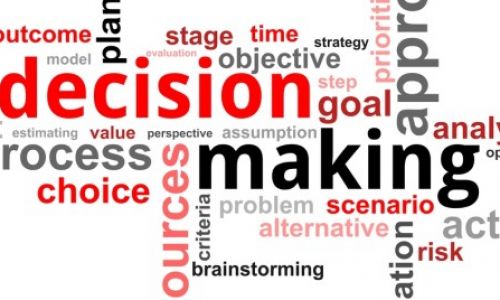In this day and age, where organisational practices are turning machine-driven, the need to incorporate algorithms is increasingly felt. Experts say, algorithm-based decision making is the current favourite for companies, which want to cut down on time and effort.
Throwing more light on this is a report in hbr.org, which sees Tom Blaser and Linnea Gandhi, two managing directors at The Greatest Good (TGG), a consultancy, speak on the benefits of algorithms in today's work scenario.
To a question on why they bat for this kind of data usage, Blaser says, "algorithms tend to be superior to humans. Even for decisions that are traditionally the domain of highly trained experts, decades of studies show that even simple statistical models are often an improvement over human inconsistency".
Speaking about algorithm aversion, Blaser says, humans are more willing to accept flawed decision making from a human than from a formula. We give other people wide leeway and tolerate errors, but we suddenly become very judgmental if a formula makes a mistake.
Gandhi confronts this situation, with her suggestion to collaborate with companies. She says, "Performing an audit to measure the inconsistency of the “business-as-usual” approach is often a good first step. Once you recognize that you have a problem, the question becomes whether, and especially how, algorithms can be used to help fix it".
When questioned on the all-important point of whether humans should be empowered to overrule algorithms or otherwise, Gandhi says, "Yes, but again, it's less frequently than you would think".
Referring to the popular 'broken leg' cases, she says, "Professionals should ignore the results of a statistical model telling you that someone is going to go to a movie tonight if you learn she just broke her leg".
"A decent model will do better than you at recognizing how demographic and other variables predict movie attendance, but the place where the data in the model stops is an opportunity for humans to add something", she adds.



